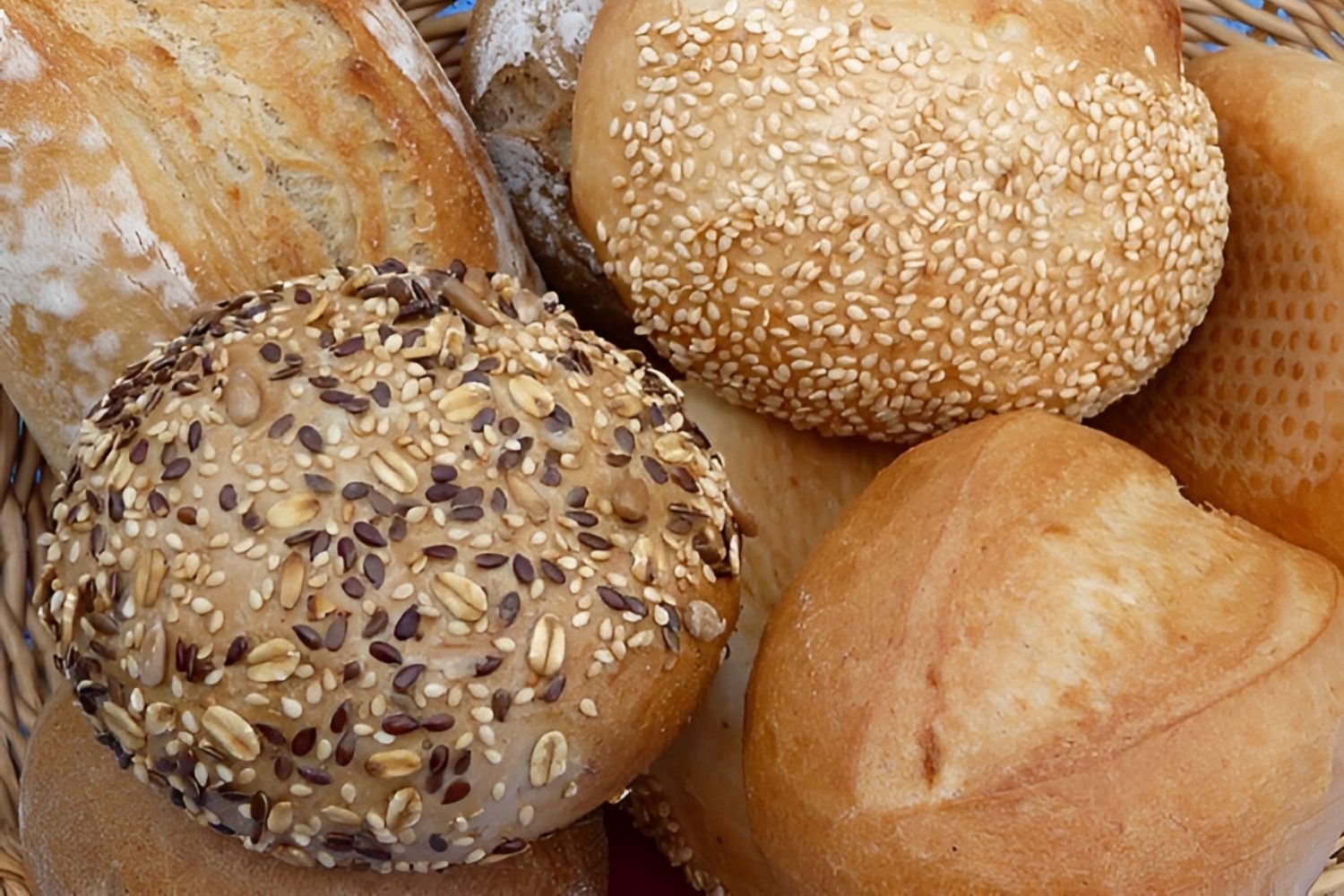
Potassium bromate is a chemical compound often used in baking. But what exactly is it, and why should you care? Potassium bromate acts as a flour improver, making bread rise higher and giving it a fine crumb structure. However, its use has sparked controversy due to potential health risks. Some countries have banned it, while others still allow its use under strict regulations. Knowing more about potassium bromate can help you make informed choices about the bread you eat. Ready to learn some intriguing facts about this compound? Let's dive into the world of potassium bromate and uncover its secrets.
Key Takeaways:
- Potassium bromate is a chemical used in baking to make bread rise and look appealing, but it can be harmful in large quantities and is banned in some countries due to health concerns.
- There are alternatives to potassium bromate, such as vitamin C and enzymes, and its environmental impact must be carefully managed to prevent contamination of water sources and harm to aquatic life.
What is Potassium Bromate?
Potassium bromate is a chemical compound often used in food processing. It has various applications, especially in baking. Here are some interesting facts about this compound.
- Potassium bromate is a white crystalline powder.
- It is commonly used as a flour improver.
- The chemical formula for potassium bromate is KBrO3.
- It helps strengthen dough and improve its elasticity.
- This compound can make bread rise higher and look more appealing.
- Potassium bromate is an oxidizing agent.
- It is often added to flour in small amounts.
- The compound can be harmful if consumed in large quantities.
- It is classified as a potential human carcinogen.
- Some countries have banned its use in food products.
How is Potassium Bromate Used?
Potassium bromate has specific uses in the food industry, particularly in baking. Let's explore how it is utilized.
- Bakers use it to achieve consistent results.
- It helps produce uniform bread loaves.
- The compound can reduce baking time.
- It improves the texture of baked goods.
- Potassium bromate can enhance the shelf life of bread.
- It is often used in commercial baking.
- Home bakers rarely use potassium bromate.
- The compound is sometimes found in pre-packaged baking mixes.
- It can be used in the production of certain pastries.
- Some pizza dough recipes include potassium bromate.
Health Concerns and Regulations
Potassium bromate has raised health concerns, leading to regulations in various countries. Here are some facts about its safety and legal status.
- The International Agency for Research on Cancer (IARC) classifies it as possibly carcinogenic to humans.
- Studies have linked it to cancer in laboratory animals.
- The compound can cause kidney and thyroid tumors.
- Potassium bromate is banned in the European Union.
- It is also banned in Canada.
- Japan has prohibited its use in food products.
- The United States allows its use but with strict regulations.
- The FDA recommends that bakers use the lowest possible amount.
- Some states in the U.S. have additional restrictions.
- Consumers are advised to check labels for potassium bromate.
Alternatives to Potassium Bromate
Due to health concerns, many bakers and food manufacturers seek alternatives to potassium bromate. Here are some common substitutes.
- Ascorbic acid (vitamin C) is a popular alternative.
- Enzymes can be used to improve dough quality.
- Calcium iodate is another substitute.
- Azodicarbonamide (ADA) is sometimes used.
- L-cysteine can replace potassium bromate in some recipes.
- Some bakers use malted barley flour.
- Emulsifiers can help achieve similar results.
- Organic acids are also used as alternatives.
- Some manufacturers opt for bromate-free flour.
- Natural dough conditioners are gaining popularity.
Environmental Impact
Potassium bromate's use extends beyond food processing, affecting the environment. Here are some facts about its environmental impact.
- It can contaminate water sources if not disposed of properly.
- The compound is toxic to aquatic life.
- Industrial waste containing potassium bromate must be treated.
- It can contribute to soil pollution.
- Proper disposal methods are essential to prevent environmental harm.
- Some countries have guidelines for the safe disposal of potassium bromate.
- Environmental agencies monitor its levels in industrial waste.
- Reducing its use can minimize environmental risks.
- Public awareness about its environmental impact is growing.
- Sustainable practices in baking can help reduce reliance on potassium bromate.
Potassium Bromate: The Final Take
Potassium bromate, a chemical compound often used in bread-making, has sparked much debate. While it helps dough rise and gives bread a nice texture, it poses health risks. Studies link it to cancer, leading many countries to ban or restrict its use.
Consumers should check labels and opt for bromate-free products. Bakers can use safer alternatives like ascorbic acid or enzymes. Awareness and informed choices can protect health without sacrificing quality.
Understanding potassium bromate's impact is crucial. By staying informed, people can make better decisions for themselves and their families. So next time you grab a loaf of bread, take a moment to read the ingredients. Small steps can lead to healthier lives.
Frequently Asked Questions
Was this page helpful?
Our commitment to delivering trustworthy and engaging content is at the heart of what we do. Each fact on our site is contributed by real users like you, bringing a wealth of diverse insights and information. To ensure the highest standards of accuracy and reliability, our dedicated editors meticulously review each submission. This process guarantees that the facts we share are not only fascinating but also credible. Trust in our commitment to quality and authenticity as you explore and learn with us.
